The benefits of real-time reporting
- Improve organizational transparency
- Minimize manual labor
- Evaluate status and performance
- Optimize business goals
- Strategize important decisions
- Essential tools for real-time reporting
Making good business decisions begins with using accurate data. It’s important to have current reports, available at a moment’s notice, to support the decision-making process. With real-time reporting, organizations have instant access to accurate, up-to-date information — and that can increase leaders’ confidence in the decisions they make.
In the past, businesses reviewed financial data at either monthly or quarterly intervals. Since manual calculations were necessary, the reporting process could take a while — and the numbers could change as it was going on. Now that companies have access to automation and digital reporting tools, it’s possible to review data with the click of a button.
Real-time reporting enables data access without delay. Businesses can check performance status at any time by accessing the most up-to-date results, because that data updates continuously. Here are some of the ways real-time reporting can benefit your organization.
Improve organizational transparency
Open communication and transparency among team members ensures everyone is in alignment. When departments can access real-time reporting, this improves the effectiveness of their daily workflow, largely because real-time reporting makes it easy for everyone to share information. At the same time, this system reduces delays in workflow.
Transparency can also reduce the risk of fraud. Reporting delays create windows of opportunity for dishonest team members to alter information. You can avoid these problems by implementing a real-time reporting system, including audit controls for security. And if errors happen or fraud occurs, real-time reporting can detect these issues faster.
Minimize manual labor
Manual labor is tedious, and it costs your business both time and money. If you have to spend hours gathering and organizing information, it’s unlikely you’ll review that information regularly. Additionally, manual analysis increases the risk of errors in reports.
Real-time reporting automates data collection as much as possible, helping to decrease the manual burden. You can review information without crunching numbers or sacrificing an entire day — or longer — to collect and analyze data.
Evaluate status and performance
Do you have clear information about the current health of your business? Depending on the real-time reporting system you’re using, you can drill down to analyze details about team performance, financial status, customer satisfaction, and more. Each of these factors impacts your overall business success, so you need to have current information at all times.
Real-time reporting gives you a snapshot of your business. At the same time, you can compare this information with fiscal goals and information from previous years, giving you a better understanding of your company’s trajectory.
Optimize business goals
The best way to set achievable goals is by knowing exactly where your starting point is and plotting a route, but it’s also important to react to obstacles as soon as they appear. Real-time reporting shows you current data and gives you the clarity needed to identify the best path forward — no matter where you are.
Set your business goals by identifying trends, uncovering weak points, and locking in growth opportunities. Being able to access reliable data helps you create an achievable set of goals that will get you to your ultimate target. And you can adjust these goals as needed by regularly evaluating real-time information and tracking your progress.
Real-time data makes it possible to take action right away when issues arise.
Strategize important decisions
When you review real-time data, what are these reports telling you about the business? Regular analysis gives you an overall picture that tells a story about where your company is heading. These insights are valuable because they play an essential role in making both big and little business decisions.
Too often, business owners guesstimate. Emotions and current circumstances sway decisions that affect long-term outcomes. Instead of deciding based on a hunch, look at real-time reporting to find data that will contribute to a logical choice. This approach makes it easier to focus on a forward-thinking strategy as an alternative to decisions founded on last year’s numbers.
Essential tools for real-time reporting
When implementing real-time reporting for your business, there are a few tools that can help. For example, Jotform Report Builder can create professional-looking reports from your form data in just a few clicks. It’s also easy to customize reports. You can add your organization’s logo, choose from various color palettes, and more.
These custom reports are perfect for presentations, and you can share them via link or PDF download. You can also set up live dashboards to ensure everyone has access to the latest information.
Are you looking for a way to stay on top of your business? Real-time reporting is an essential tool that can help you make good decisions by giving you access to current business information.

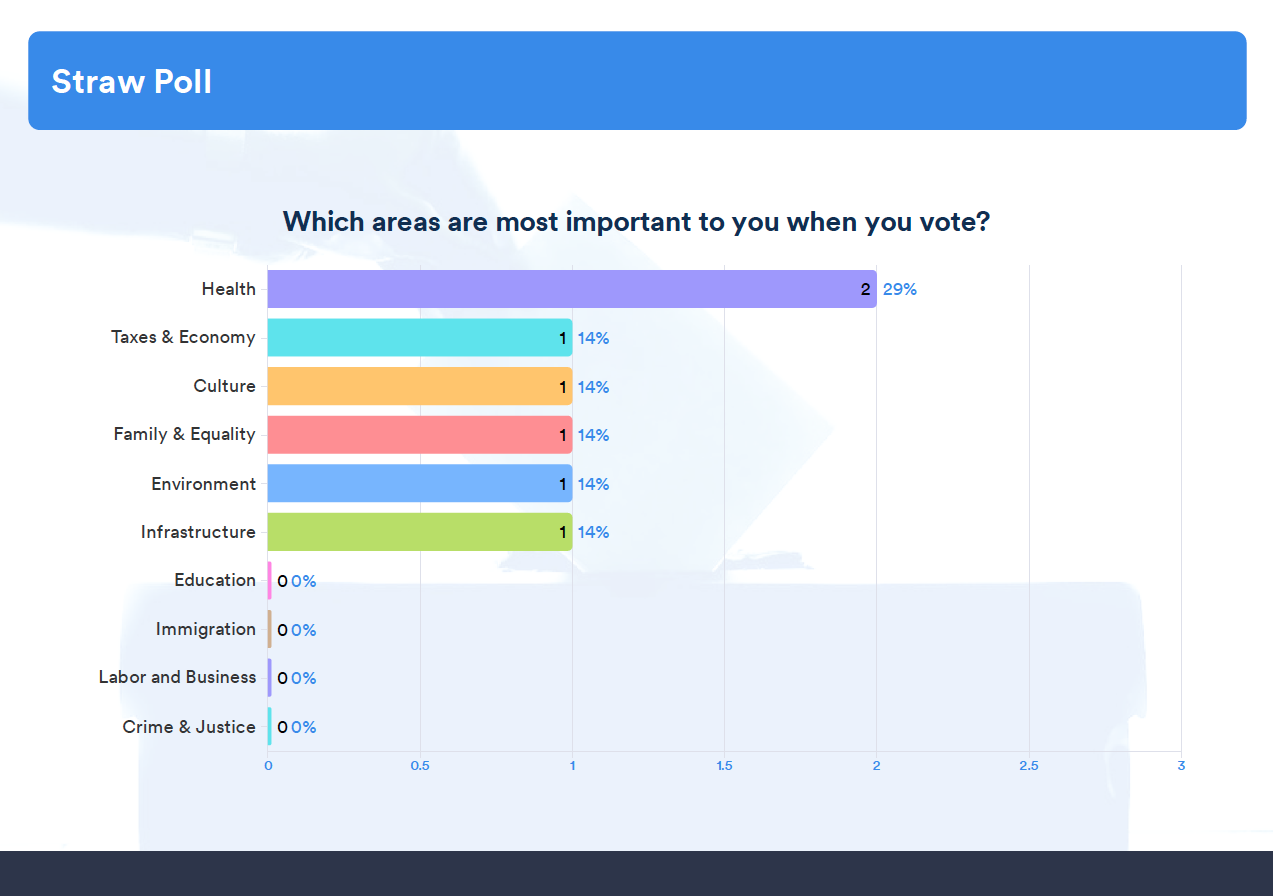

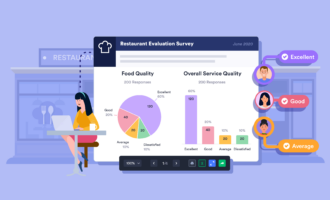
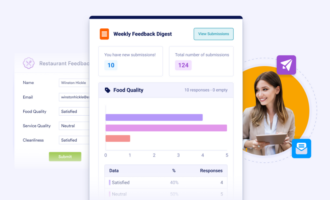
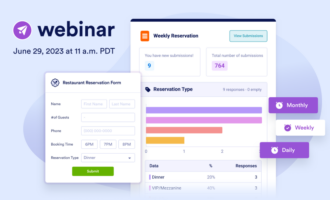
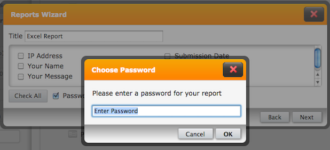

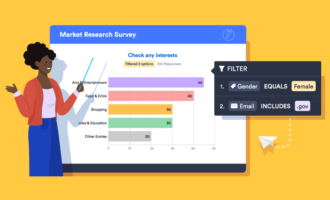
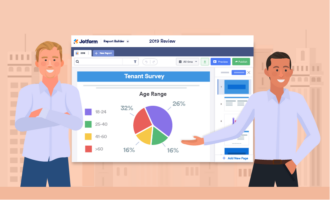





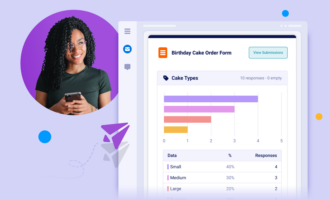
Send Comment: